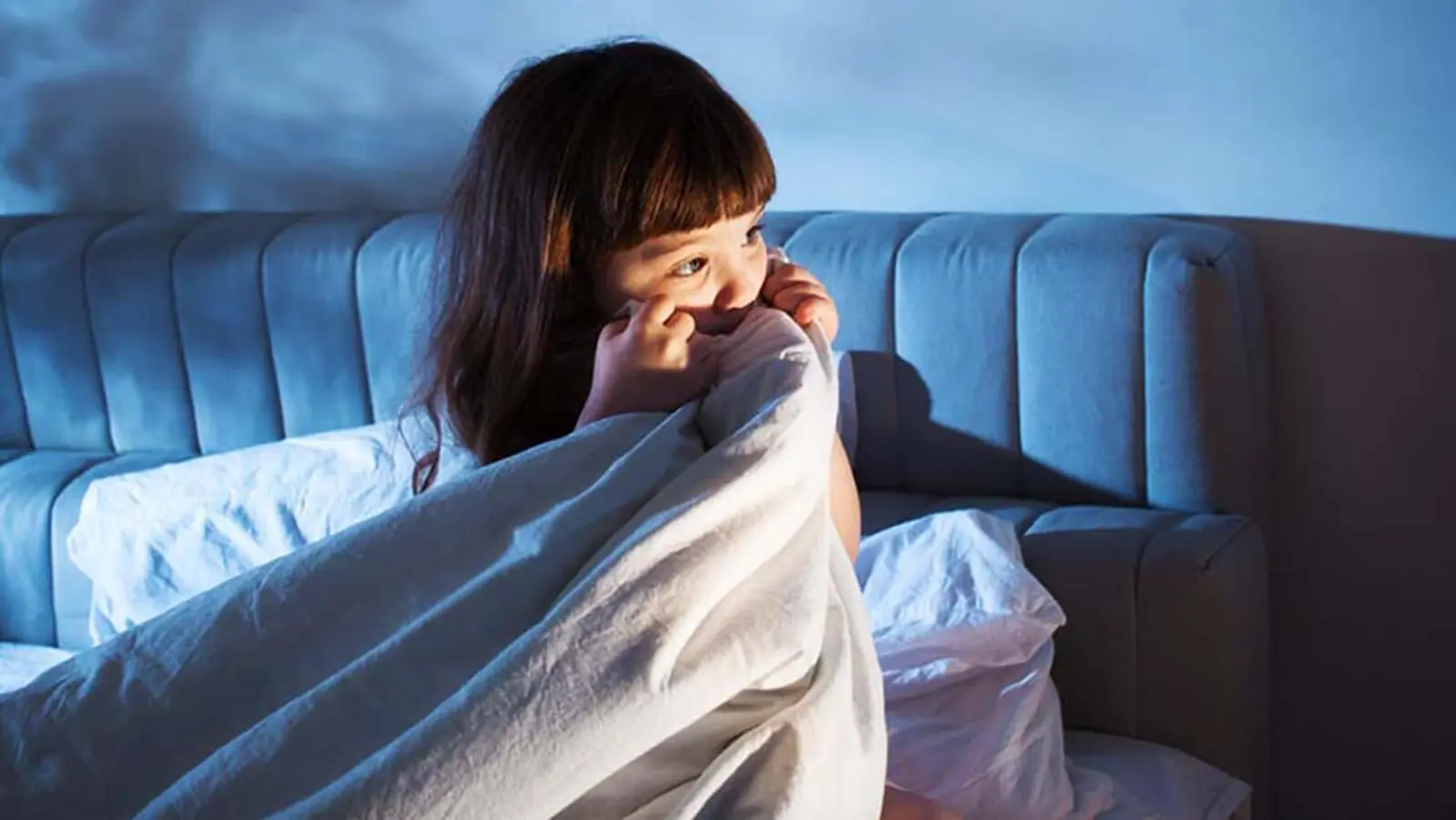
Sleep affects your child’s development in many important ways, including mental and social development, physical health, and emotional regulation. When a child has trouble sleeping, it limits their ability to function well during the day, disrupts the household, and is a source of stress for parents and other family members. Sleep problems in children are common. Some problems are brief and resolve on their own. When sleep problems persist for more than a few weeks, they may begin to affect a child’s mood, behavior, and relationships in the home and at school.
Common behavioral sleep problems found in children include: If you feel that you are no longer in control of your child’s sleep patterns, do not know what to do to get your child to sleep on their own, or feel that you have tried everything to get your child to sleep through the night, our behavioral sleep medicine services are a great treatment option to consider!
- Bedtime resistance or refusal
- “Musical beds” or difficulty sleeping alone
- Sleep schedule problems
- Poor sleep habits and routines
- Nighttime awakenings
- Nighttime fears and nightmares
- Bedwetting
- Sleep walking / Sleep talking
If you feel that you are no longer in control of your child’s sleep patterns, do not know what to do to get your child to sleep on their own, or feel that you have tried everything to get your child to sleep through the night, our behavioral sleep medicine services are a great treatment option to consider!
We Can Help Your Child Sleep
Effective behavioral treatments are the recommended option for many common childhood sleep problems. Parents often feel overwhelmed by conflicting instructions offered by books or friends, or find that “textbook” approaches do not work for them. An understanding of individual developmental needs, behavioral and reinforcing factors, as well as the influence of unique family dynamics and parenting styles on your child’s sleep is important to developing a treatment plan that effectively addresses your child’s behavioral sleep problem.

